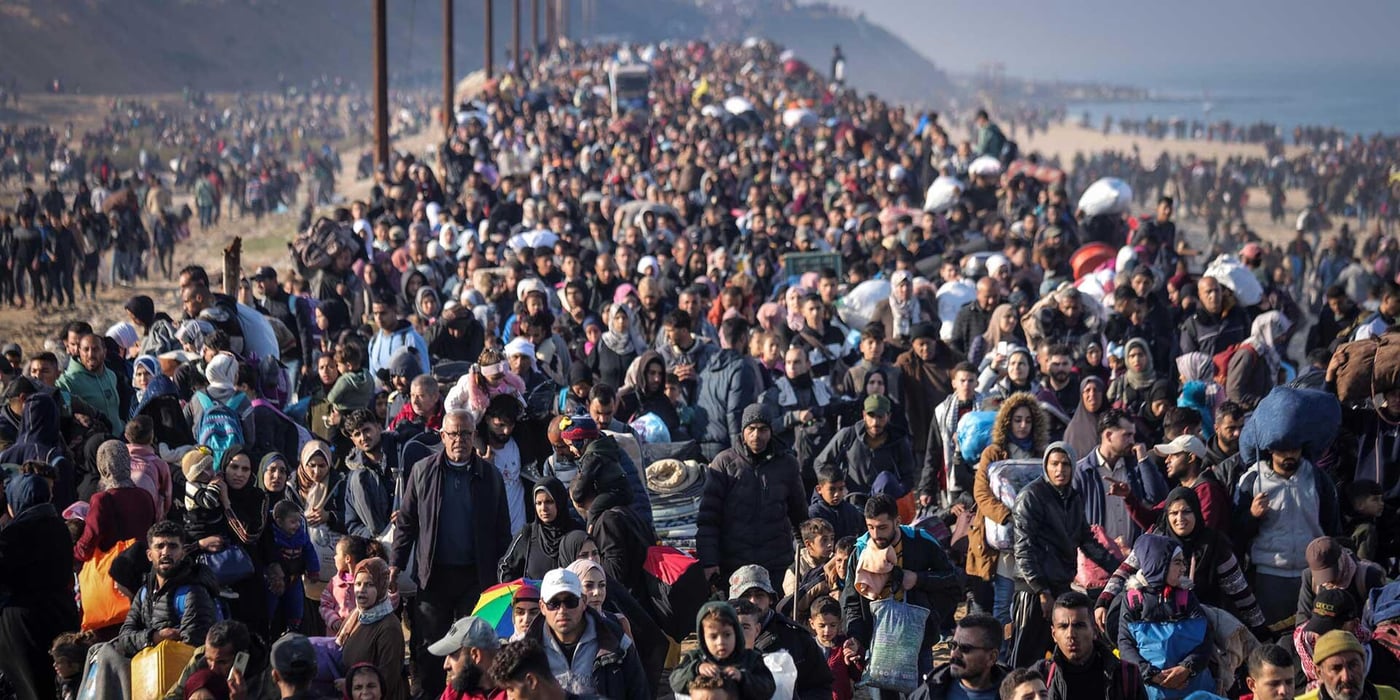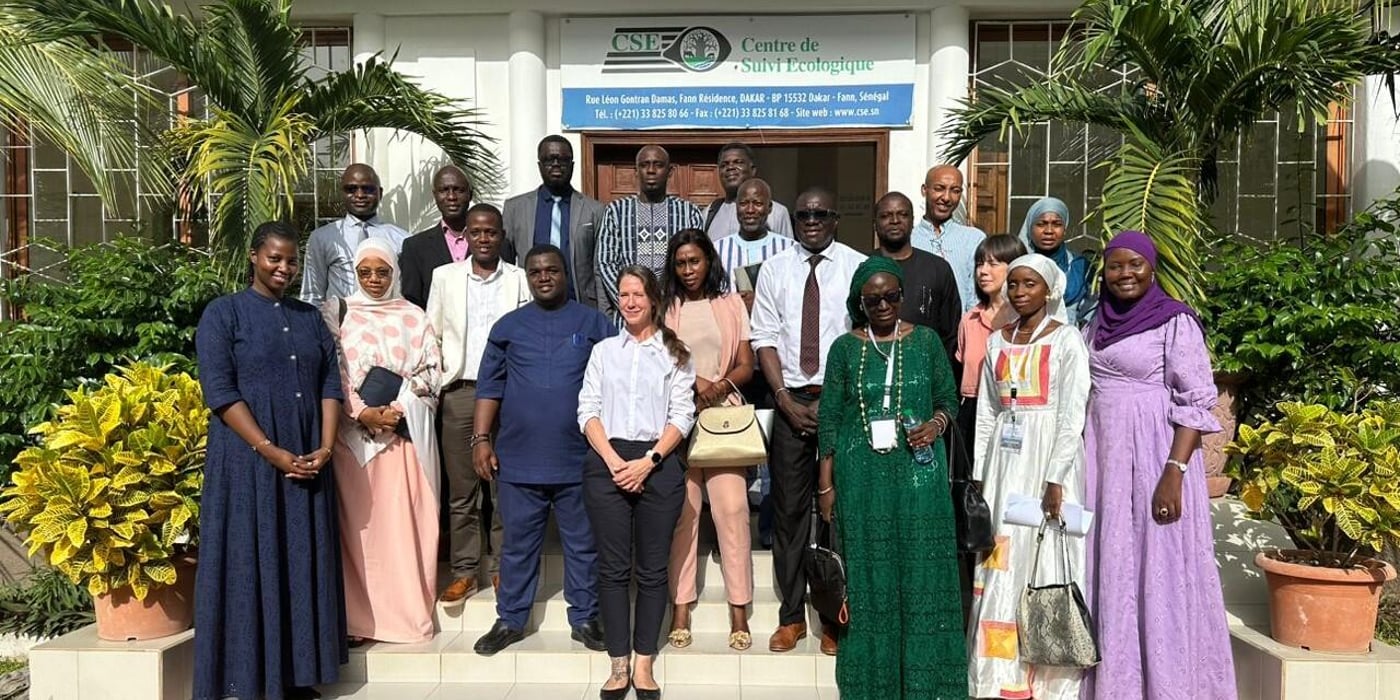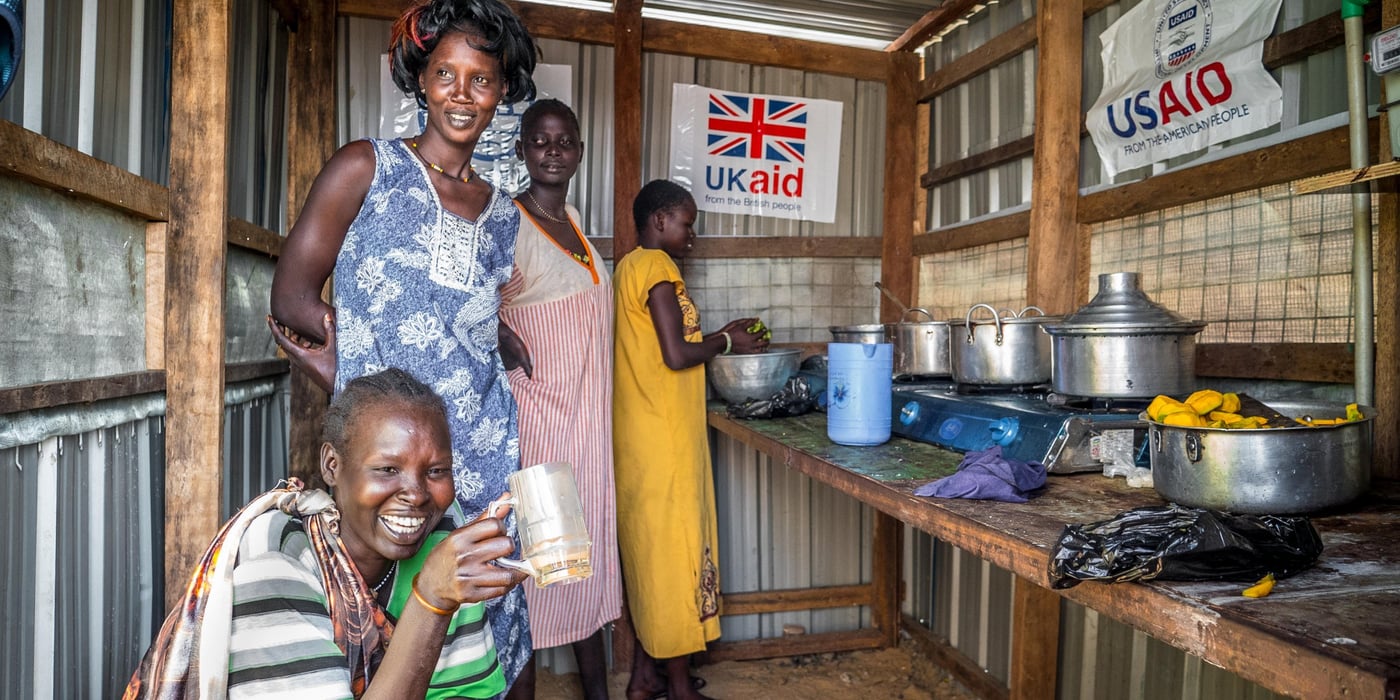
"In many African communities, women and girls have the main responsibility for collecting firewood. While walking considerable distances from their homes, they are often subjected to sexual harassment and rape. When we provide these women with other, more effective energy solutions, the impact is immense", says energy expert Purity Kendi, who is currently deployed to UN Refugee Agency (UNHCR) in Tanzania.
Purity is one of the five junior energy experts participating in NORCAP’s Female Accelerator Program, a project that was launched last year, aiming to increase female participation and build capacity within the renewable energy sector.
"Women contribute to the entire energy value chain. If we are to succeed with the clean energy shift, women and girls have to be included from the start", Purity says.
Energy influences everything
A shift to renewables is pressing, and not just in order to reduce global warming. Transitioning to cleaner, more efficient energy solutions such as solar power, biogas, briquettes or more efficient cooking stoves can have wide ranging implications for daily lives in refugee and host communities.
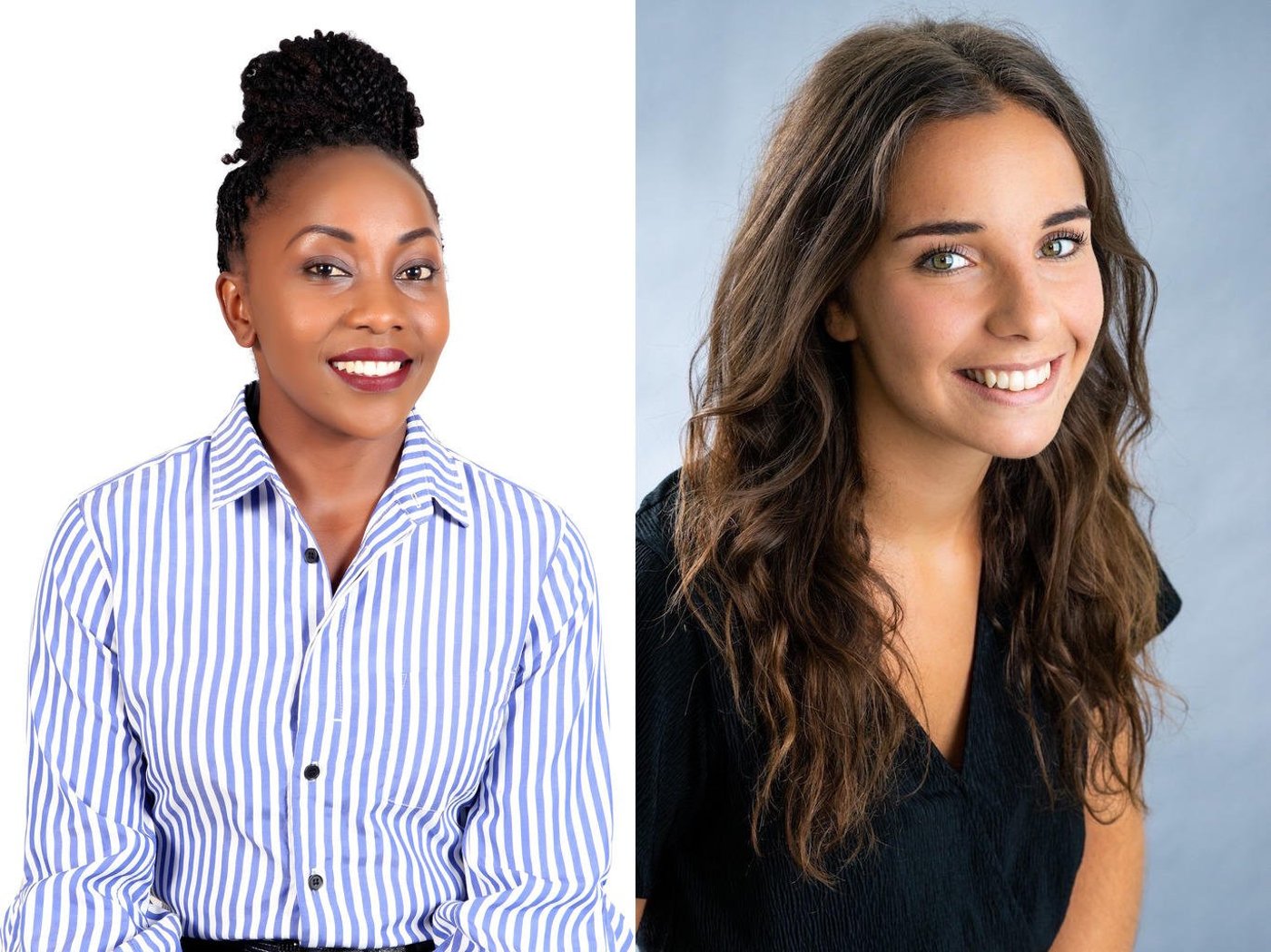
Hazardous indoor air from firewood stoves and diesel generators is a huge global health problem, causing respiratory disease in women and children especially. Not having access to light makes it difficult for children to do their homework, as well as restricting opening hours for shops and other businesses and rendering streets dark and unsafe.
In addition, there is the previously mentioned perilous wood collecting, which can require spending as much as 10 to 15 hours per week.
"Energy influences everything, from cooking to food storage, water access, health care and livelihood opportunities. In the humanitarian community, energy is not even recognized as a cluster of its own. It's cutting across the whole humanitarian response", says Anaïs Matthey-Junod, who is currently working with International Organization for Migration in Switzerland.
An unused cooker
Anne Nyambane is deployed to the Food and Agriculture Association in Uganda, working on projects such as building farmer schools powered by solar energy and developing briquettes made of biowaste.
As a young girl, she used to dream of modernising her parents’ lives in their village. One of the things she wanted to do, was to make her mother’s cooking experience cleaner and easier, away from the smokey three stone fire.
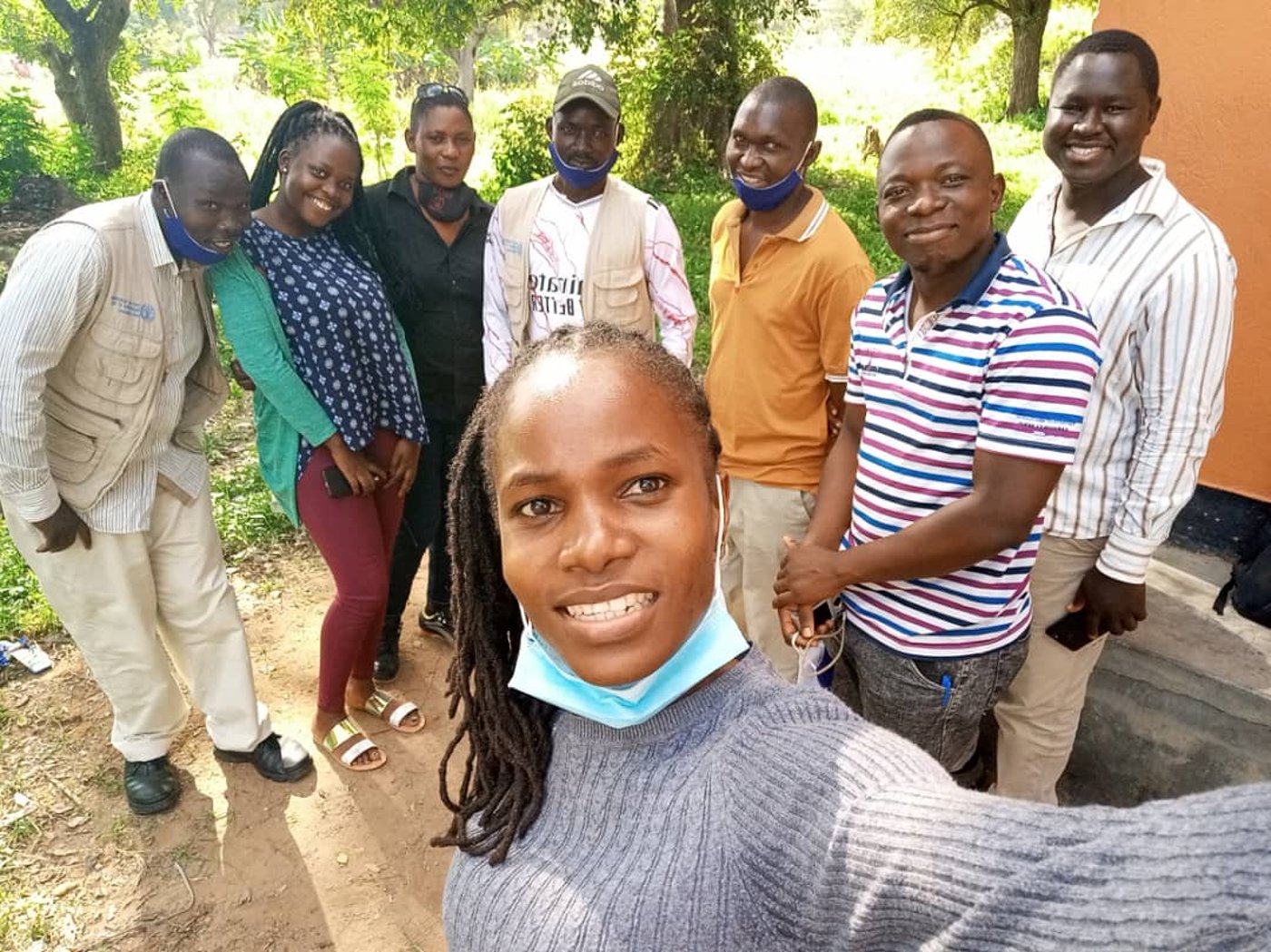
A few years ago, she built her mother a modern kitchen and installed a stand-alone LPG and electric gas cooker. When she visited her parents during the Christmas period, however, Anne was surprised to see the cooker looking brand new.
"When I asked her why she wasn’t using it, my mother said that she preferred to sit while cooking. Also, the new cooker could not hold the pot in place when stirring the food, which frustrated her. My intention was good, but the urban technology I had offered her just wasn’t appropriate".
This lesson is something Anne brings with her into the field, where she frequently approaches women for informal conversations.
"When speaking to them, I make mental notes instead of writing. In that way, they don’t feel like they are being interviewed, and the information I get is often very legit and raw. In many cases, that gives me an idea on what my next project should be", she says.
Without women, ineffective solutions
One of the ways in which the five energy experts believe they can contribute to better clean energy solutions, is just that: Their ability to reach women, and especially in communities where women are more or less restricted from speaking with men.
"While women occupy a fundamental role in the use of household energy, the question of which energy solutions to acquire is often taken by men. In some cases, the given gender or social norms might mean that female humanitarian workers are best placed to help women’s voices get heard and help meet their needs", says Rebeca Solis, who is deployed to World Food Programme in Italy.
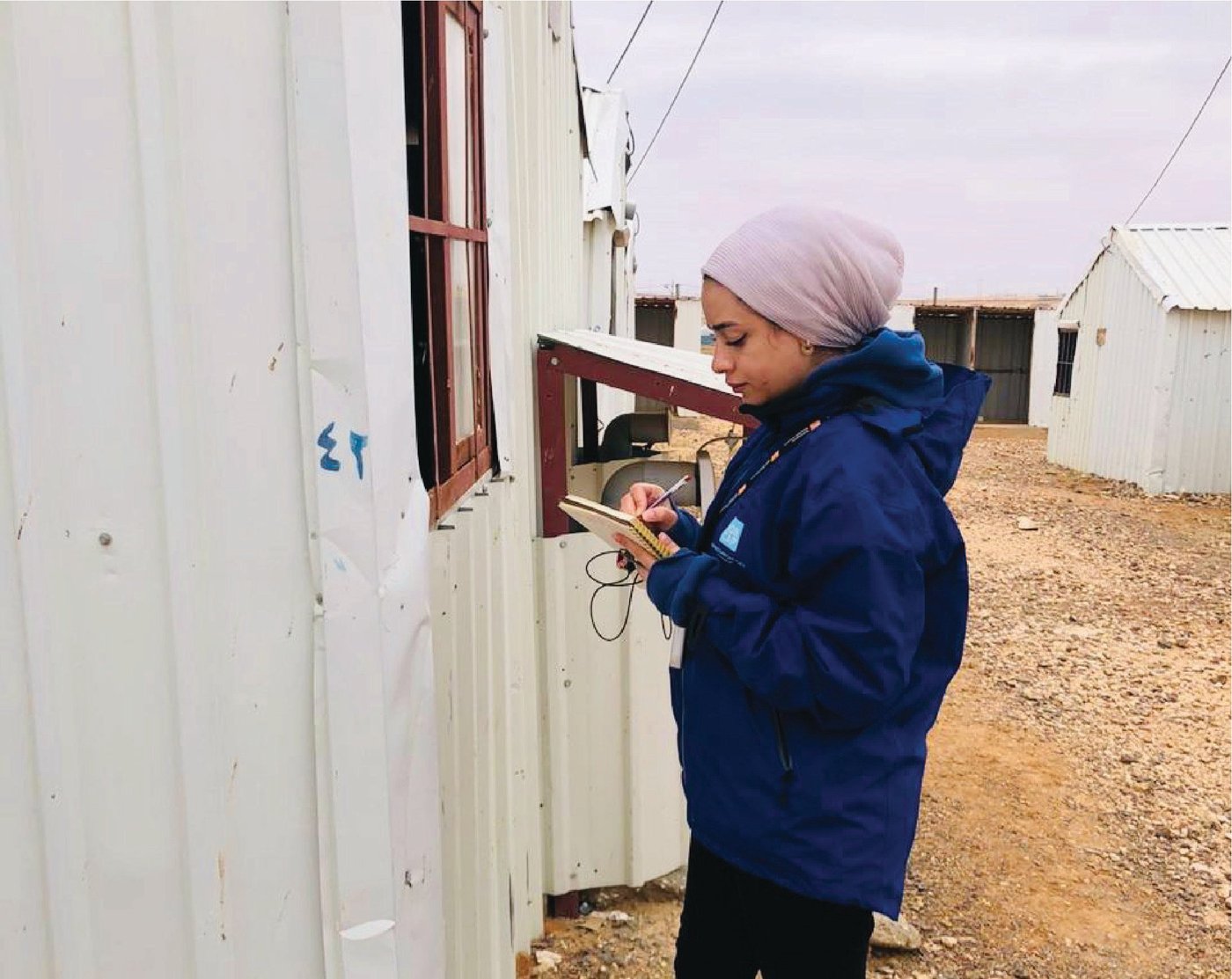
Nour Al Najjar, who is currently working on solarising schools, shelters, and camps with the Norwegian Refugee Council in Amman, Jordan, agrees.
"Without the involvement of women, who are users and, in many cases, producers of energy, projects risk being ineffective. And when the energy projects aren’t representative of actual needs, they will fail to provide adequate solutions for the entire targeted community", she says.
“Working with energy requires more than technical skills”
Despite the strong linkages between gender and energy, women far from abound in the field of energy. According to the International Renewable Energy Agency, renewable energy employs about 32 percent women, compared to 22 percent in the overall energy sector.
"I think the imbalance has to do with gender stereotypes, for example that women are underrepresented in STEM subjects. There is also the misconception that you have to be an engineer to be an energy expert", says Anaïs.

NORCAP’s five energy experts come from a range of professional backgrounds, from environmental engineering to humanities and entrepreneurship.
“Working with humanitarian energy requires more than technical skills. A sound understanding of end-users' socio-economic context and demographic data, as well as key behavioural competencies like communication, are just a few examples. Women of all backgrounds are needed in this sector", says Rebeca.
The value of good role models and supporting colleagues seems to be a common denominator in the group in inspiring them to choose, and perhaps also to stay, in the field of energy.
"The Accelerator Program is a wonderful platform for knowledge sharing. Coming from very different backgrounds and projects, we can learn so much from each other’s experiences and challenges. My time in the program has only confirmed to me that women have so much unrecognised potential that can change the world", says Nour.


